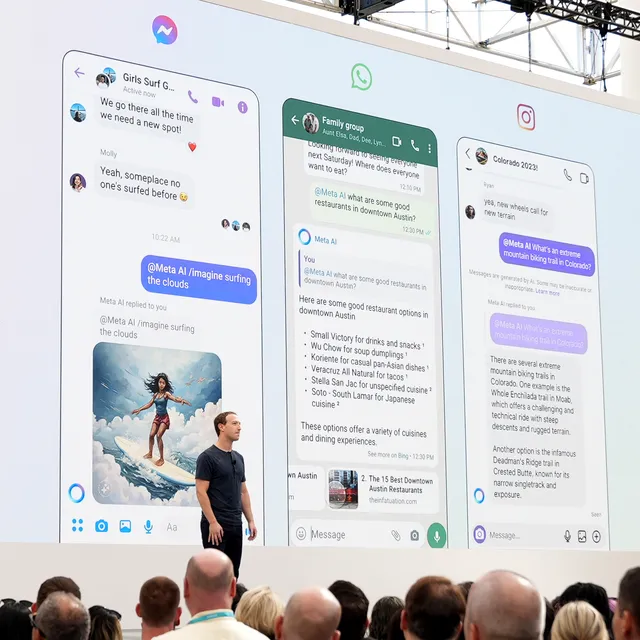
Meta’s Strategic Expansion
Meta, under the leadership of Mark Zuckerberg, has embarked on an ambitious journey to integrate its AI assistant across its massive network. Since its introduction last September, Meta AI has been seamlessly incorporated into the search functionalities of Instagram, Facebook, WhatsApp, and Messenger.
The assistant is not only enhancing user experience by providing real-time search results from Google and Bing but also pushing boundaries with real-time image generation capabilities.
The goal is for Meta AI to be “the most intelligent AI assistant that people can freely use across the world,”
“With Llama 3, we basically feel like we’re there.”
CEO, Mark Zuckerberg
Meta’s bold move with Llama 3, the foundation of their AI assistant, represents a significant upgrade from its predecessors. The model boasts of outperforming other models in its class on various benchmarks, particularly in coding tasks. With two versions released—a 70-billion parameter model and a more modest 8-billion parameter version—Meta is setting the stage for a larger, multimodal version that promises over 400 billion parameters.
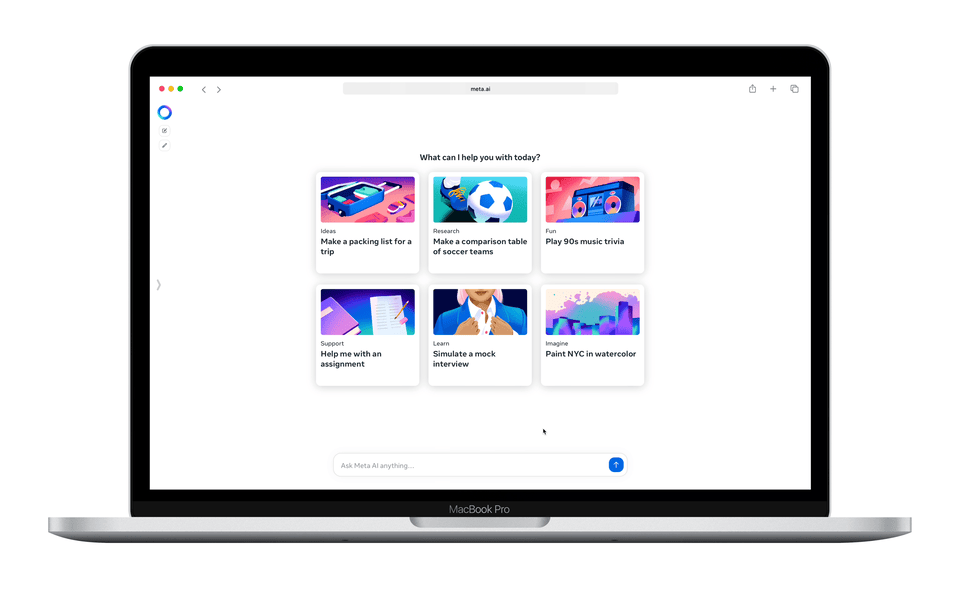
Evaluating Llama 3’s Performance
The performance of AI models like Llama 3 is critical to their success. Meta claims that Llama 3 has significantly reduced false refusals—a measure of an AI’s ability to handle prompts that should be manageable but are erroneously rejected. Such improvements are vital for user trust and reliance on AI systems for daily tasks and queries.
The development of Llama 3 also highlights an ongoing industry challenge: the standardization of performance benchmarks. Currently, there is no consensus on how to uniformly evaluate AI models, which makes it difficult to objectively compare their effectiveness. Nevertheless, Meta’s internal benchmarks suggest that Llama 3 is setting a new standard in the industry.
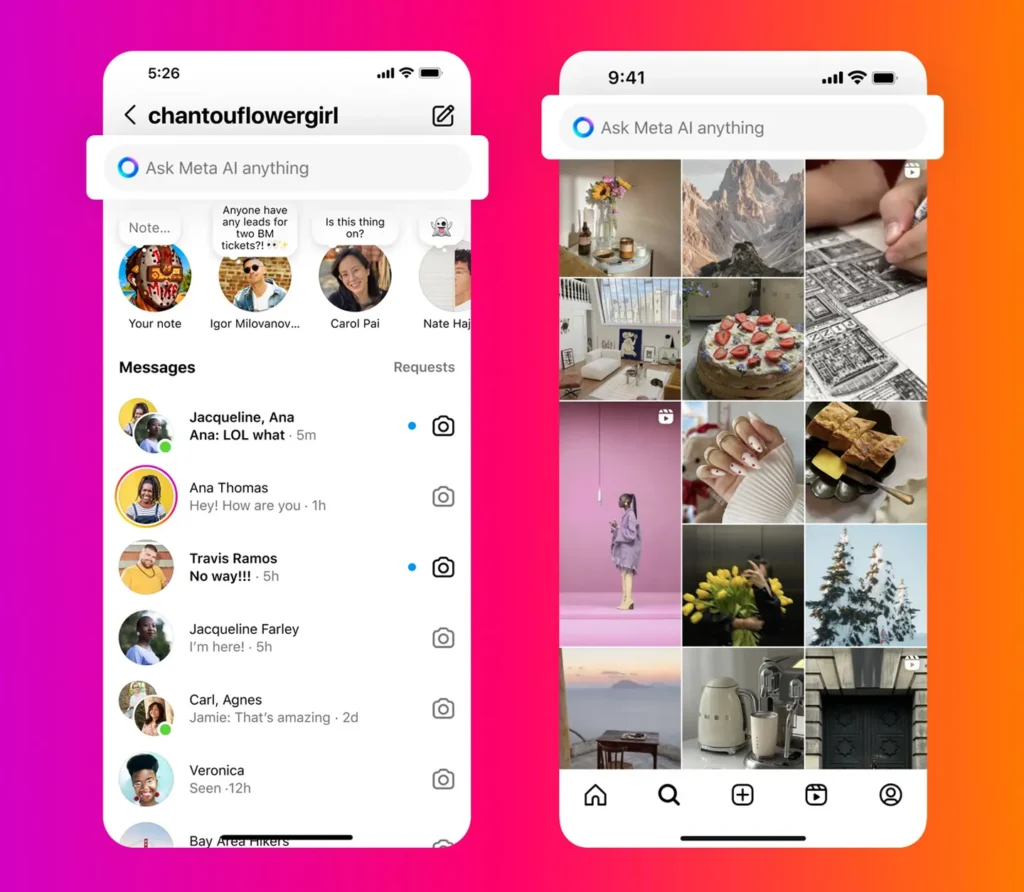
The Global Rollout and Future Aspirations
As of now, Meta AI is available in the US and is expanding to countries like Australia, Canada, and several others across Africa and Asia. This expansion is part of Meta’s strategy to make their AI assistant globally accessible, aiming to reach their more than 3 billion daily users eventually.
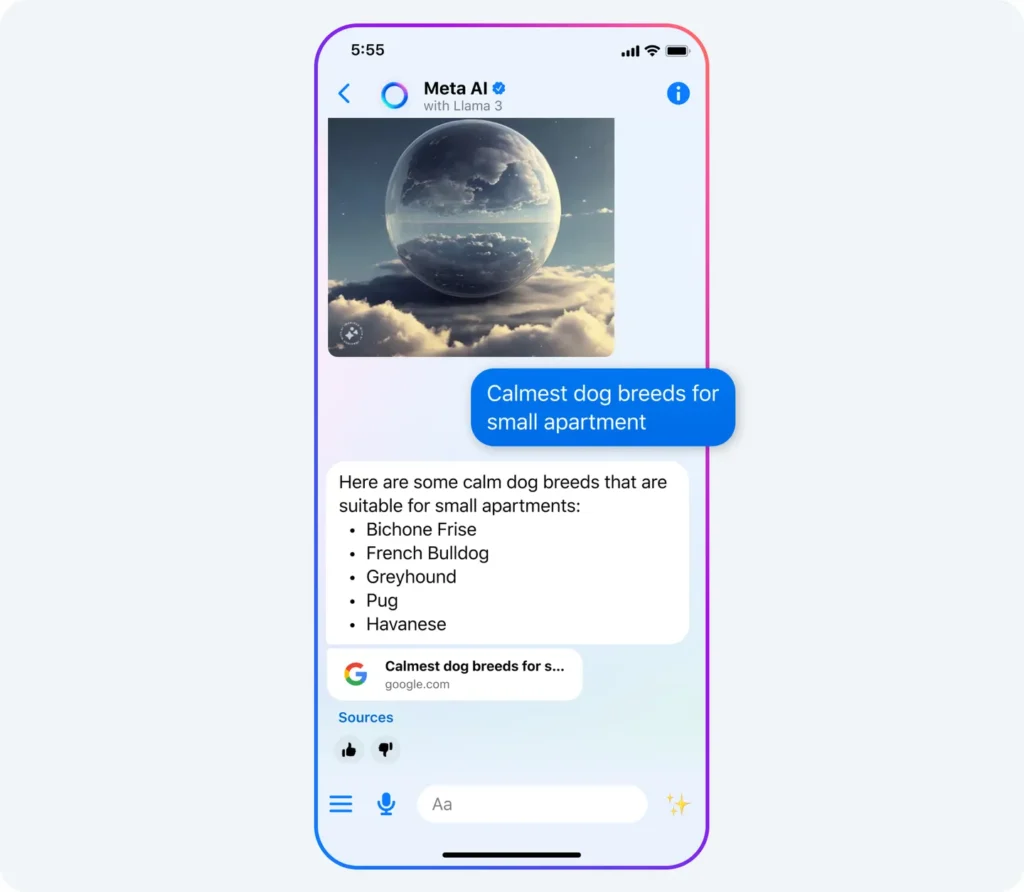
Zuckerberg’s vision for Meta AI is clear: to compete not just with other open-source models but to be the leading AI globally. With plans already underway for future iterations like Llama 4 and 5, Meta is not just participating in the AI race; it is aiming to set the pace.
As the AI landscape continues to evolve, Meta’s strategic investments in advanced AI technology, such as the Llama 3 model, position the company as a formidable player in the competitive arena of conversational AI. The integration of Meta AI across its platforms could potentially transform how billions of users interact with technology daily, making AI assistance more intuitive and integrated into our digital lives.
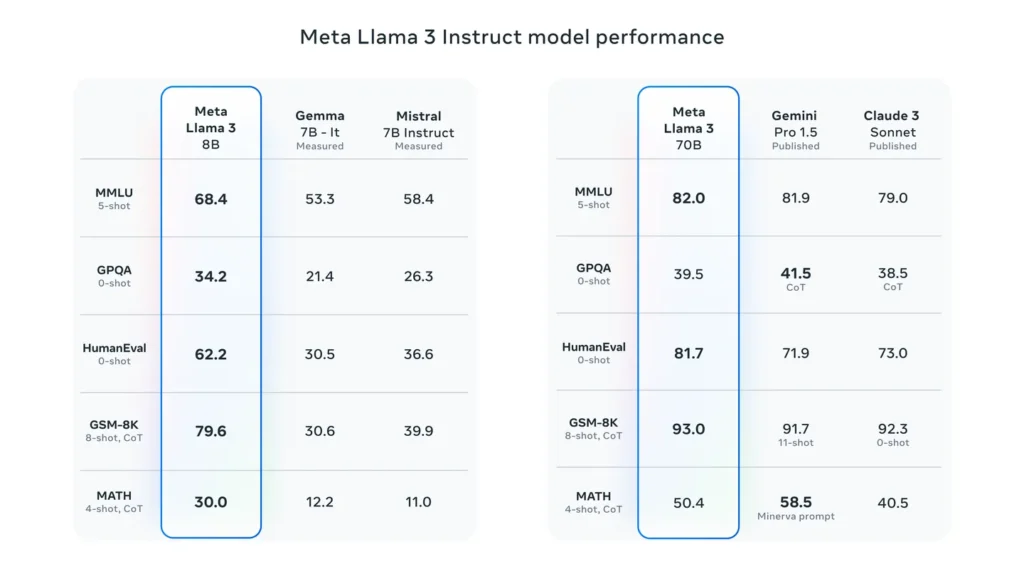
This ambitious push by Meta not only underscores the rapid advancements in AI technology but also highlights the critical importance of user-centered design in AI applications, ensuring that these technologies truly enhance the user experience across global digital landscapes.

